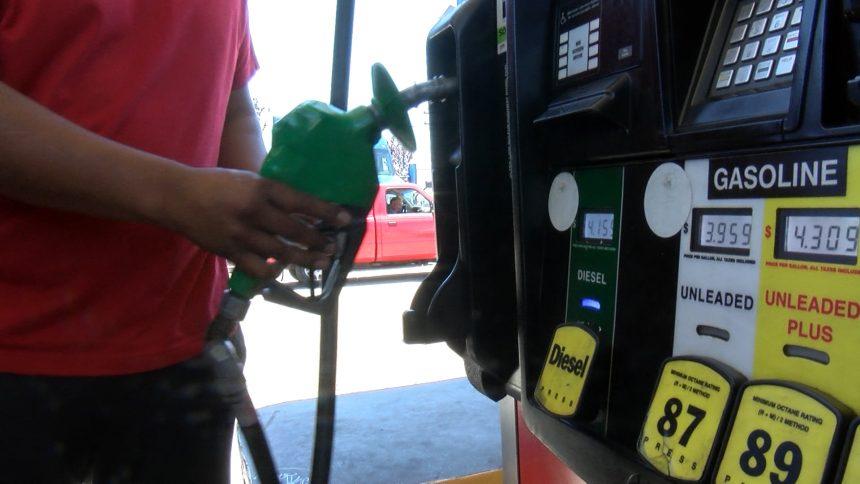Africa-Press – Eswatini. Offenders under the Fuel Tax Bill, 2022, face hefty fines that include a jail term.
The Bill has since been gazetted. In his last month’s budget speech, Minister of Finance Neal Rijkenberg, had announced that the establishment of a Roads Agency Fund had been tabled in Parliament, as a sustainable and permanent solution to the roads crisis. The objective of this fund is to tender out all roads maintenance to the private sector. “We envisage it to be funded by the savings from shutting down government departments currently responsible for road maintenance, the road toll charges at the border crossings, additional funds from the fiscus and an additional 30 cents fuel tax that I intend to table with the Fuel Tax Bill,” said the minister. According to the Bill, the general levy will rise from E3.85 to E4.15 per litre of petrol and diesel. The object of the Bill is to provide for the imposition and collection of fuel tax and repeal the Fuel Levy Act. It is still to be tabled in Parliament by the finance minister.
Tax
The tax is imposed on the sale of fuel by a wholesaler. Eswatini fuel wholesalers, in no particular order, include Galp, Engen Eswatini, Swazi Oil (Pty) Ltd, Total, Tholo Energy Eswatini, Puma Eswatini, Eswatini Fuelex Change, Kosotape Eswatini (Pty) Ltd and Phakama Oil (Pty) Ltd. A wholesaler shall, upon the sale of any fuel to another person, record the volume or quantity sold and the fuel tax payable. A wholesaler shall, not later than the 14th day after the end of each month, pay to the Eswatini Revenue Service (ERS) the total amount of tax payable on the fuel sold by the wholesaler in the previous month. On top of that, fuel tax returns are to be submitted.
Failing to pay the required tax within the stipulated time; making a false statement; and maintaining proper records, among other things, is said to be an offence and a person shall be liable, upon conviction to a fine not exceeding E25 000 or to imprisonment for a term not exceeding five years or both, in addition to any administrative penalties. “A wholesaler that fails to file a return upon demand shall be liable to an administrative penalty not exceeding 250 000 Emalangeni per day after the due date,” reads Section 14(1) in part. Notwithstanding the repeal of the Fuel Levy Act, 1980, all fuel tax due in respect of any transaction that took place before the commencement of the Act shall be due and payable. Notably, before the additional 30 cents fuel tax, the current taxation on fuel is currently joint highest alongside South Africa in the Southern African Customs Union (SACU) region.
An analyst, on condition of anonymity, told this publication that while a levy increase may be an ideal mechanism for the country to source additional revenue,; government was urged to be careful in determining future hikes to these taxes, and must consider the impact these increases had, especially on the poorest of the poor. A 2016 study in South Africa found that a fuel levy can affect economic growth, especially in the long-run. The results also showed that there is a negative relationship between economic growth and a fuel levy.
For More News And Analysis About Eswatini Follow Africa-Press







